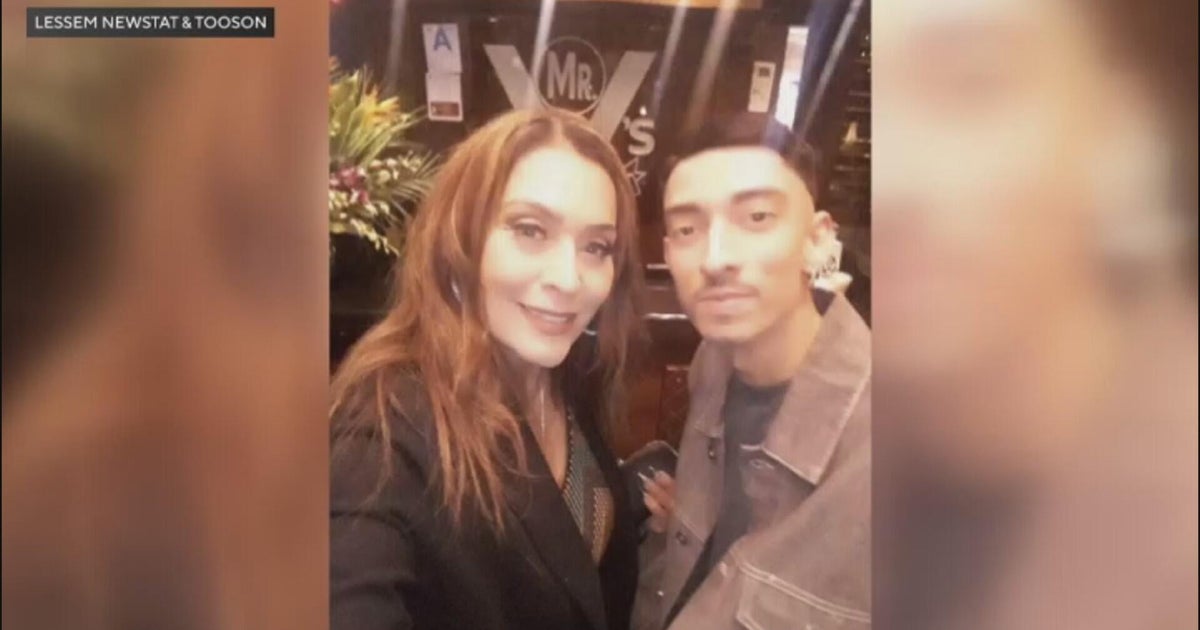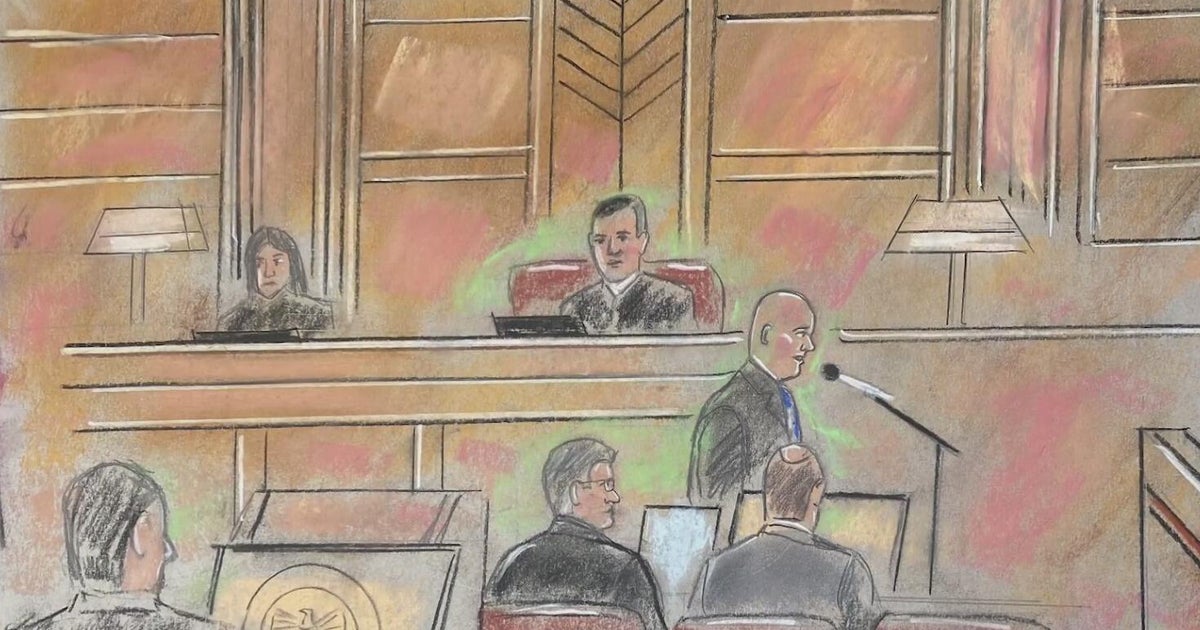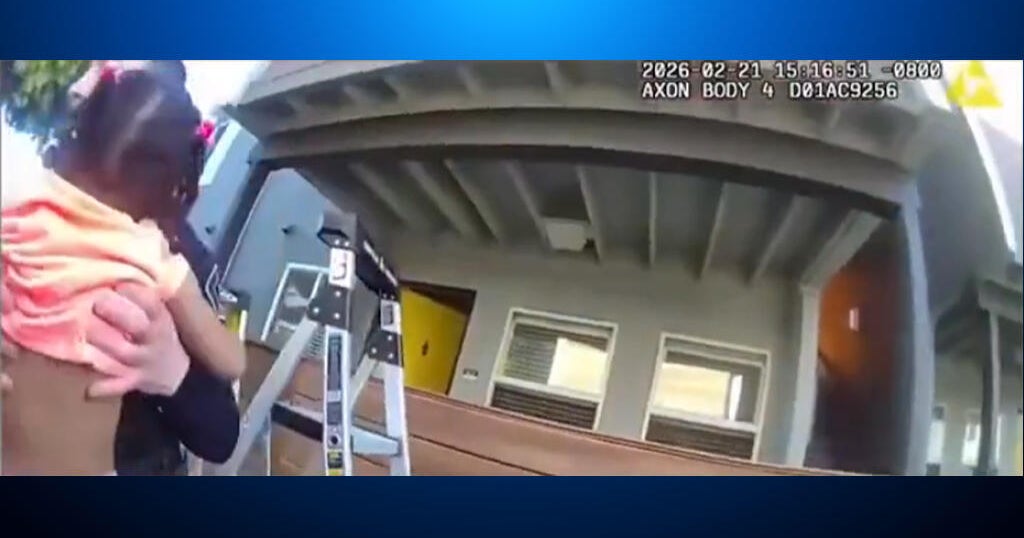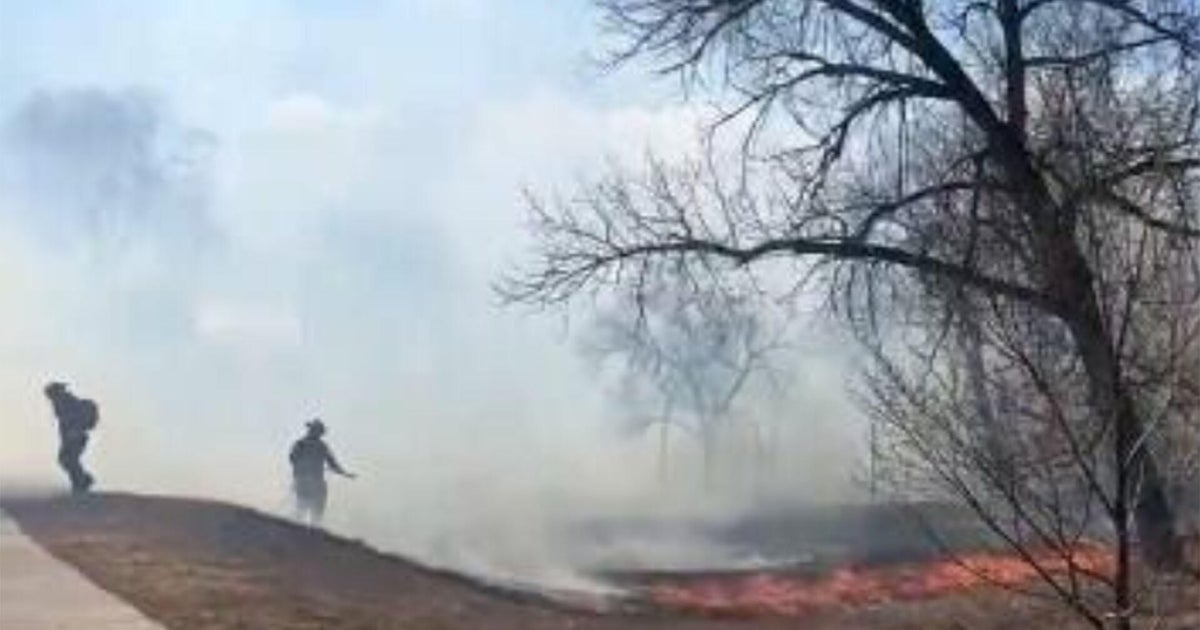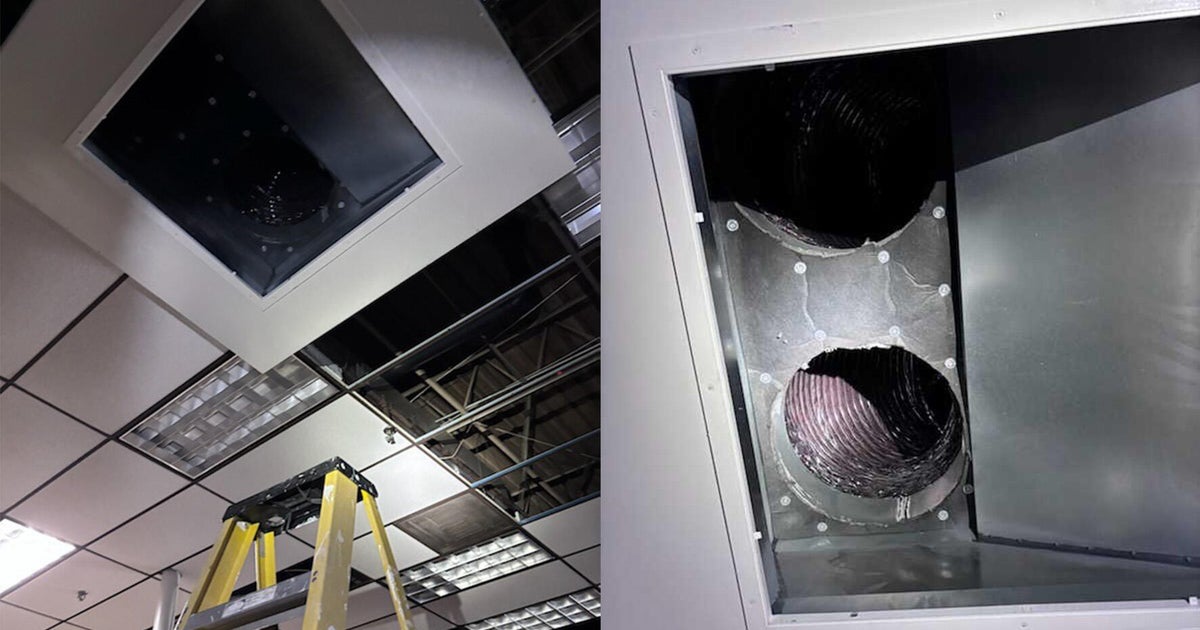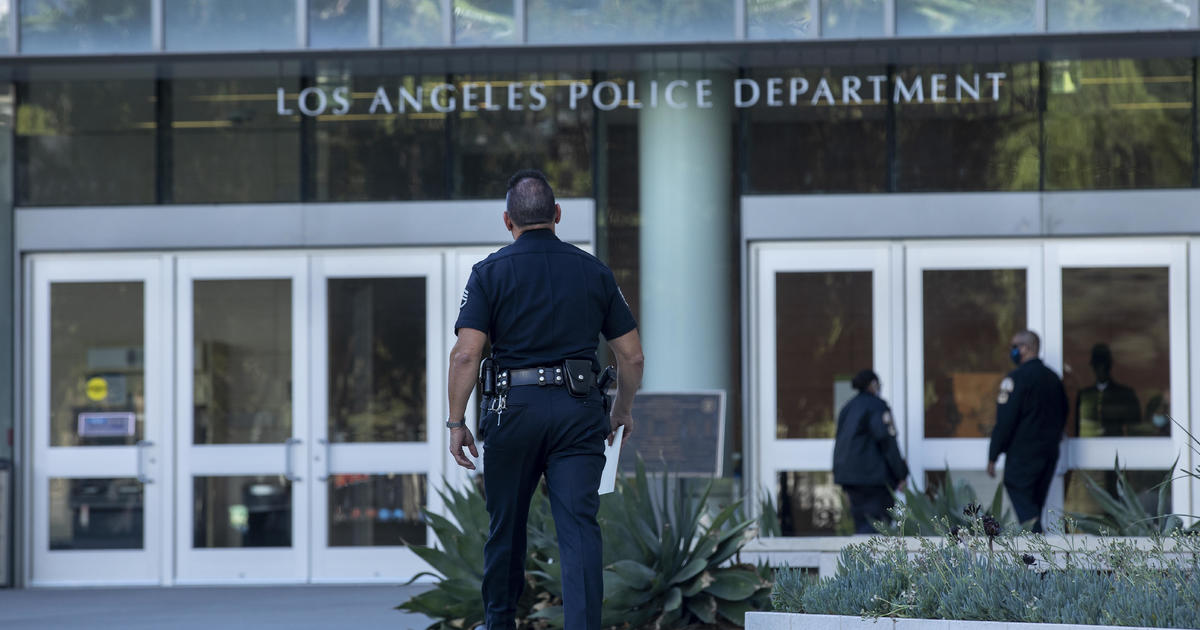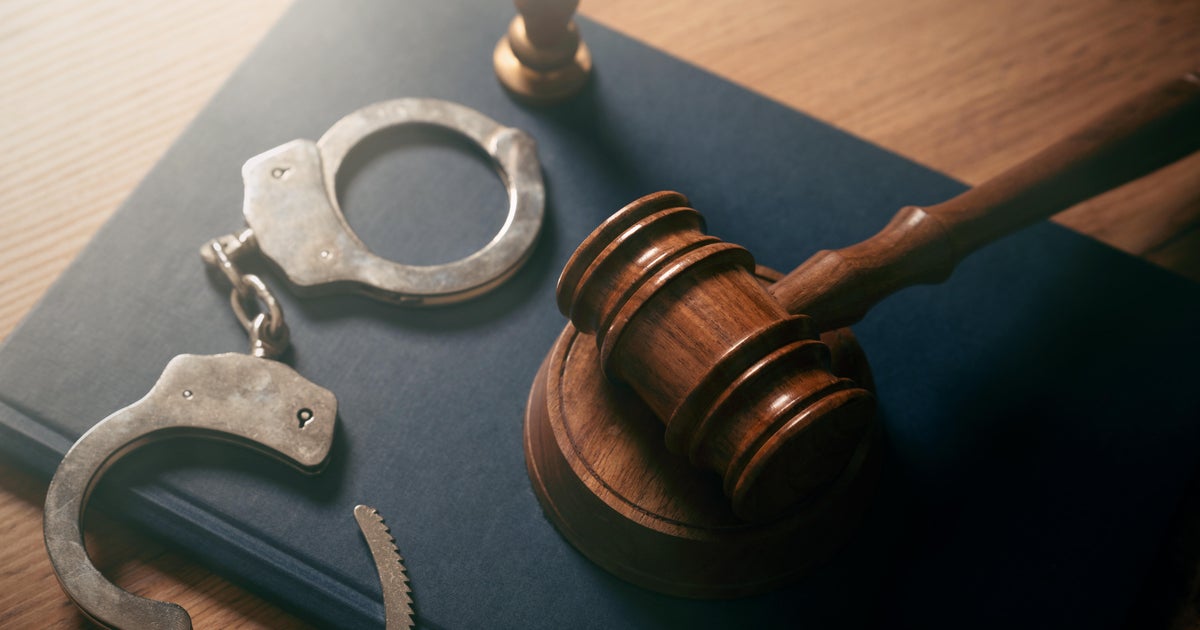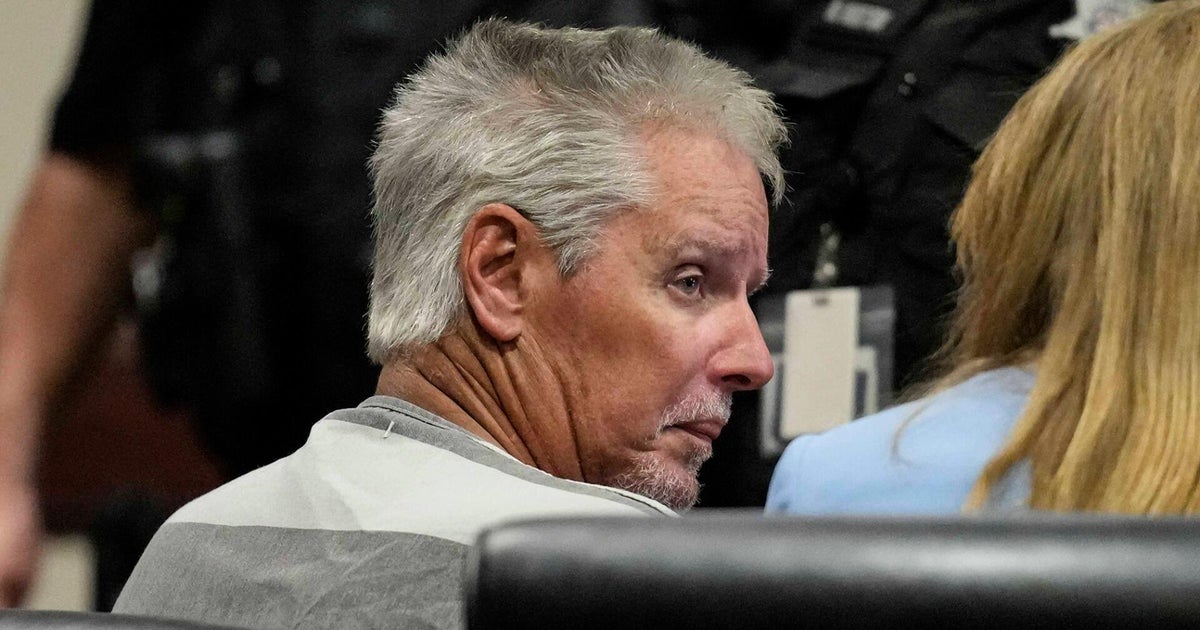Derek Chauvin Trial, April 2 Live Updates: Highest Ranking MPD Officer Calls Knee On George Floyd's Neck 'Totally Unnecessary'
UPDATE (11:42 a.m.): Lt. Richard Zimmerman, the highest ranking officer in the Minneapolis Police Department, calls the officers' use of force against George Floyd on May 25 "totally unnecessary."
"Just uncalled for," he added. "I saw no reason why the officers felt they were in danger."
On cross examination, Eric Nelson, the attorney for Derek Chauvin, asked Zimmerman about use of force police with Minneapolis police, specifically if an officer, in a fight for his life, can improvise whatever force necessary. Zimmerman agreed.
However, on the re-direct, prosecutor Matthew Frank asked if, based on the body-worn camera footage, Chauvin had any need to improvise by kneeling on Floyd's neck for 9 minutes and 29 seconds outside of Cup Foods.
"No," Zimmerman said.
Defense attorney Joe Tamburino, who is not affiliated with the case, called Zimmerman's testimony "absolutely devastating" for the defense, which is trying to argue that Floyd died of an overdose.
Court is now adjourned until Monday morning, when proceedings will begin with motions on evidence.
On Thursday, Judge Peter Cahill said he wanted to hold court only during the morning hours on Friday. He said that the trial is moving ahead of schedule and wanted to give the jurors a break after days of emotional testimony.
UPDATE (10:47 a.m.): Lt. Richard Zimmerman, the highest ranking officer in the Minneapolis Police Department, told the court that in his decades of experience he has never been trained to press his knee on someone's neck while they're in handcuffs.
While being questioned by prosecutor Matthew Frank, Zimmerman described kneeling on someone's neck while they're in the prone position as "deadly force." He added that if someone is in handcuffs, "the threat level is just not there."
Additionally, Zimmerman said that once someone is handcuffed, they need to be moved out of the prone position immediately, as it constrains a person's breathing. He said that it's an officer's responsibility to take care of someone in their custody.
UPDATE (10: 15 a.m.): Prosecutor Matthew Frank is now questioning Lt. Richard Zimmerman, the highest ranking officer in the Minneapolis Police Department. He responded to 38th and Chicago the night George Floyd died.
He described arriving on the scene, and talking with the "involved officers," meaning Thomas Lane and J. Alexander Keung.
UPDATE (10:10 a.m.): Sgt. Jon Edwards, of Minneapolis police, tells the court he was working the night shift on May 25, the evening George Floyd died.
Edwards told the court that he worked in the same building as Derek Chauvin, but didn't know him personally. He testified that when he responded to 38th and Chicago, he didn't know that Floyd had died. All he knew what that the situation had the potential to be a "critical incident." He said he spoke with the manager of Cup Foods, who reported that he didn't see the interaction between Floyd and officers.
Edwards said that he spoke with officers Thomas Lane and J. Alexander Keung at the scene. He told them to make sure their body-worn cameras were turned on, to get out of their squad car and leave their belongings inside. Escort officers then took Lane and Keung to Minneapolis City Hall for questioning. Both are currently charged with aiding and abetting Chauvin.
Edwards said he spoke with Charles McMillian at the scene, but the gentleman provided him with no information. McMillian testified earlier this week, weeping on the stand as he watched body-worn camera footage of Floyd's arrest. On the video, McMillian can be seen telling Floyd to get inside the squad car, saying: "You can't win! You can't win!"
Shortly after Edwards learned that Floyd had died, the Bureau of Criminal Apprehension took over the scene, he said. Edwards and other Minneapolis officers stayed at 38th and Chicago to secure the area until the BCA finished their investigation and towed the squad car and Floyd's vehicle away.
During Edwards' testimony, several still photos of body-worn camera footage were displayed in court.
UPDATE (9:26 a.m.): The first person to give testimony Friday is Sgt. Jon Edwards with Minneapolis police.
He is being questioned by prosecutor Steve Schleicher.
MINNEAPOLIS (WCCO) -- The fifth day of testimony in the Derek Chauvin trial is expected to bring more testimony from the ranks of Minneapolis police.
Court is set to resume around 9:30 a.m. Friday. Again, WCCO-TV will have gavel-to-gavel coverage streamed on CBSN Minnesota. Jason DeRusha will anchor coverage, alongside criminal defense attorney Joe Tamburino, who will give analysis. Tamburino is not affiliated with the case.
RELATED: How To Watch The Derek Chauvin Trial, 'The Biggest Case In Minnesota History'
Friday's session will be short. Judge Peter Cahill says the trial is slightly ahead of schedule and will break around noon, in order to give the jury a break. So far this week, they've heard days of emotional testimony and seen a mountain of video footage of George Floyd's final moments, including the bystander video where Floyd pleaded for air while Chauvin knelt on his neck for more than 9 minutes. On Wednesday morning, one juror asked the judge for a break in the middle of testimony, later explaining she hasn't been able to sleep at night.
During Friday's session, more testimony is expected from law enforcement as the state makes its case that Chauvin used excessive force against Floyd, leading to his death. While Minneapolis Police Chief Medaria Arradondo is set to be a witness for the state at some point, it's unknown if he'll testify Friday. Meanwhile, the defense is trying to argue that Floyd died of an overdose, not Chauvin's pinning him down.
The judge is also expected to take up motions at some point Friday on the introduction of additional body camera footage and the matter of Maurice Hall, the man who allegedly sold drugs to Floyd and has invoked the 5th Amendment, fearing he could incriminate himself if he testifies.
On Thursday, David Pleoger, who was Chauvin's police supervisor, told the court that Chauvin should have stopped pressing his knee into Floyd's neck on May 25 after he was in handcuffs on the ground outside of Cup Foods. Despite an objection from the defense, the judge allowed Pleoger, who is now retired, to give his opinion, as he had watched the body-worn camera video of the officers involved.
Tamburino described the ruling as "stunning," and called Pleoger's testimony on the use of force a "bombshell moment" in the case.
RELATED: Chauvin's Ex-Boss Says Restraint Should've Ended When Floyd Was On Ground In Handcuffs
Two Hennepin County paramedics who responded to the scene on 38th and Chicago also testified on Thursday. One of them, Derek Smith, said that when he initially checked Floyd's pulse as he lay on the ground, he "thought he was dead." The paramedics described the resuscitation efforts they attempted in the ambulance after driving away from the scene, in part because of the yelling crowd. The other paramedic, Seth Bravinder, testified that Floyd never regained a pulse.
Emotional testimony was heard Thursday morning from Floyd's girlfriend, Courteney Ross. She described her three-year relationship with Floyd, explaining that they both suffered from opioid addiction. She told the court that about two months before his death, Floyd overdosed and was hospitalized for five days.
Under cross-examination, Ross struggled to recall past statements to investigators. She was repeatedly unsure about her past answers about Floyd's purchase of drugs from Hall, who was in the passenger seat of Floyd's car and later on the sidewalk when Floyd struggled with police.
RELATED: Residents Strongly Support Reopening George Floyd Square, With Permanent Monument
After her testimony, Floyd's family issued a statement concerning Floyd's opioid addiction. The statement said, in part: "We want to remind the world who witnessed his death on video, that George was walking, talking and breathing just fine before Derek Chauvin held his knee to George's neck."
Chauvin is facing charges of second-degree murder, third-degree murder and manslaughter. Three other former Minneapolis police officers are also charged with aiding and abetting Chauvin. They are slated to stand trial in August.
